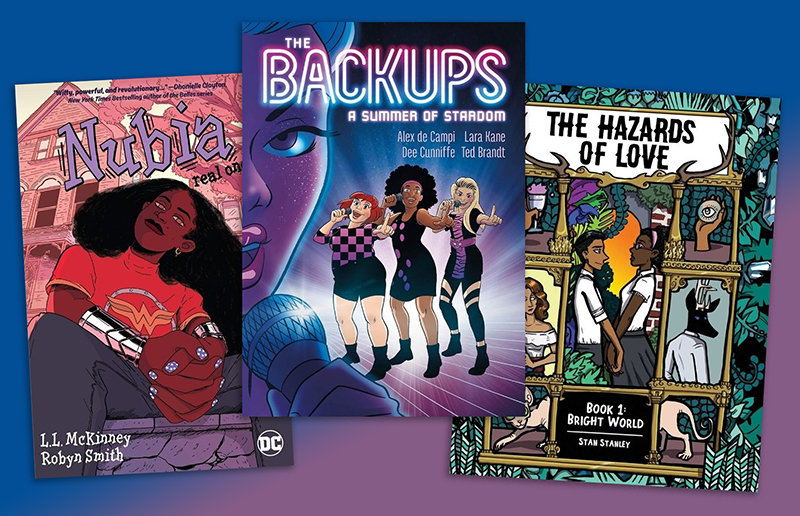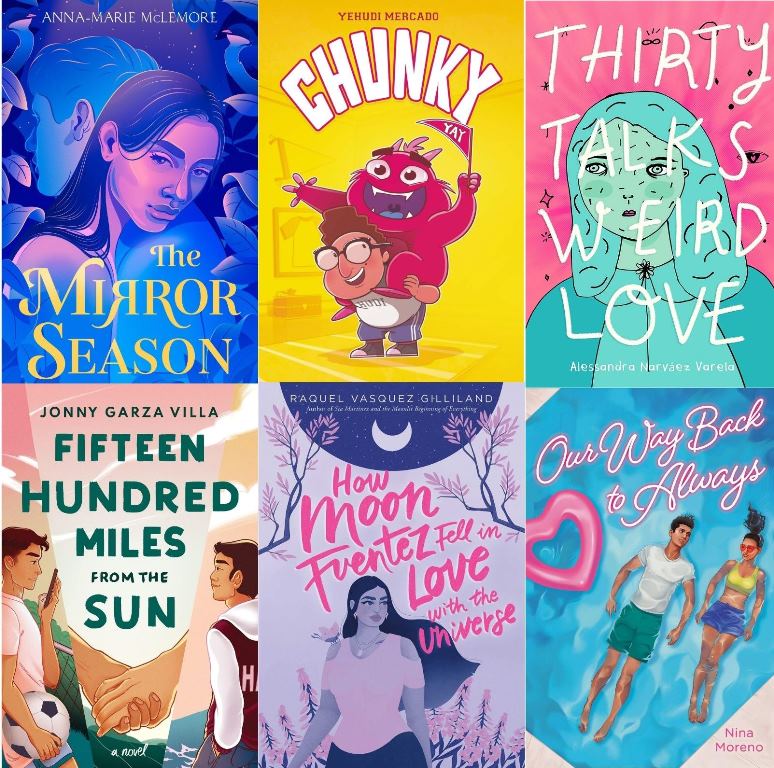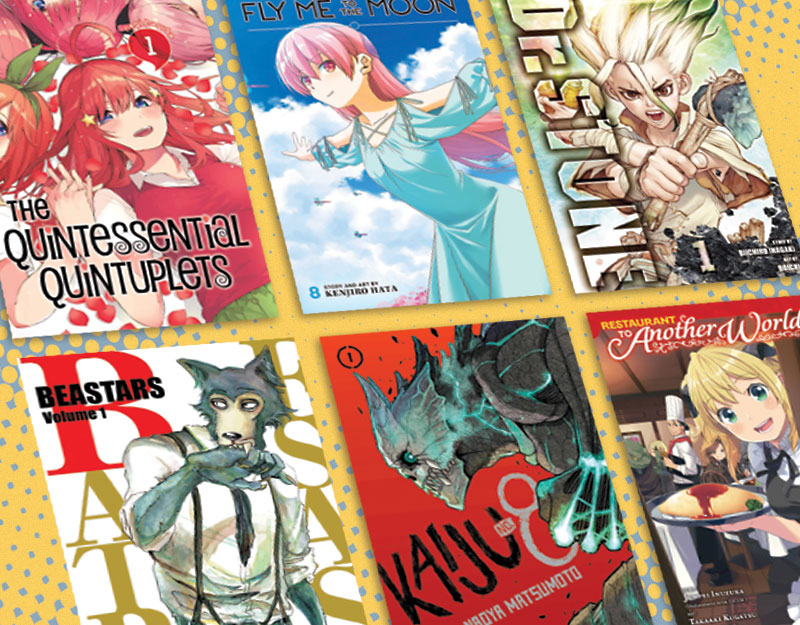What I Learned About “Representation Matters” While Reading BENEATH WANDERING STARS by Ashlee Cowles
 By the time I graduated high school, I had attended 9 separate schools in three different states. Every time I would start a new school the first question everyone asks, after what’s your name, is “where are you from?” I have no good answer to this question. I am from nowhere and everywhere.
By the time I graduated high school, I had attended 9 separate schools in three different states. Every time I would start a new school the first question everyone asks, after what’s your name, is “where are you from?” I have no good answer to this question. I am from nowhere and everywhere.
I am what they call a “military brat”.
My father was in the Air Force and long after they divorced and he retired, my mom continued to work for AAFES. I understand if you don’t know what that means. While other kids bought their school supplies at KMart or wherever, I bought mine at the BX (base exchange). And we bought our groceries at the commissary. Although I only ever briefly lived on a base, usually for transitional housing, my life was often radically different then the kids I went to school with. We spoke in my house in terms and abbreviations that my friends never fully understood.
ADVERTISEMENT
ADVERTISEMENT
And you always entered into each new school year with the realization that you were a stranger in a land full of people who had spent their lives building bonds that you could never hope to have. When I graduated high school I had only been at that school for 2 years. For the few brief years of my Freshman and Sophmore year I had a glimpse into the epic lifestyle known as best friends. But one of my trio died in a car crash our junior year, shortly after I moved again, and the second part of that trio died on January 1st of this year. That was the closest I ever came to traditions and rituals and stories to share about high school besties because there was always another move.
Which brings me to Beneath Wandering Stars by Ashlee Cowles.
Gabriela Santiago is a military brat/kid. When we first meet her, she is stationed with her family on a base in Germany (my parents were stationed in Germany as well). Her brother has recently enlisted and is now serving in Afghanistan. They soon learn that Lucas has been seriously injured and he has requested that she and her father go on a hiking journey in his honor and conquer the Camino de Santiago. What follows is a moving tale of self discovery and forgiveness and relationship in the great tradition of quest novels. This book would actually be a great companion piece with The Way Back from Broken by Amber Keyser in the way that it combines rugged outdoor activity and peril with healing journeys. I recommend both.
When I began reading this book, I was immediately struck by Gabi’s story of life in the military. It wasn’t a vague reference to military life, Gabi actually mentions going to the BX, AAFES, and more. She talks very openly about the frequent moves and the emotional impact. She talks about the expectations of military kids. And she does so in ways that were moving and felt incredibly accurate to me. This is only the second time I have really read a book that addressed the life of being a military kid in such authentic ways. The first was If I Ever Get Out of Here by Eric Gansworth.
Reading this book and seeing my struggles as a military kid – I can not begin to tell you how much it meant to me. I’m not going to say that I cried, but I’m not going to say that I didn’t. I have always struggled with a lot of the emotions that Gabi expresses. Today as an adult I continue to struggle with the lack of what most people call ties or a sense of home. When I go visit either of my parents, there are no rooms full of childhood memories because they are not the rooms that I slept in.
The way that I related to this book and the way that it spoke to my soul really got me thinking about representation. As a white woman, I have never really lacked to see myself in a book. I am not underrepresented in YA literature. There are 1,000s of Hermiones and Bellas and whoever else you can think of. I can pick up almost any book in my YA collection and read about girls that look like me.
But Gabi is different. She spoke to a part of me that always seemed so different and misunderstood – being a military kid. This is not surprising as the author bio states that Cowles herself was an Army “brat”. She gets it. She was able to tap into her experience in a way that speaks of authenticity to military life, which is another affirmation and helped me gain a better understanding of the importance of “own voices”. In this case were not talking about ethnicity or disability, but about unique life experiences. And trust me, military life is a unique life experience that is under represented in YA literature and media as a whole. As we talk about “supporting our troops”, we fail to fully grasp not only what we are asking our military to do, but the unique burdens that we put on their families as well.
It’s interesting to note that Gabi is not white, she is Latinx, but as a white reader I still had no problems relating to her. Her Latin culture is very important to her story and it was something that I enjoyed learning about, but her story of what it is like to be a military kid spoke the universal about military life. This book was, for me, both a mirror and a window. I can not tell you how powerful that was to me to read things about how military life haunted me in the story of Gabi, further reminding me of the importance of representation for all of our teens.
ADVERTISEMENT
ADVERTISEMENT
I needed this book when I was in high school and dealing with yet another two moves. I didn’t know I needed it until I read it, but what a difference this would have made for teenage Karen. I needed to hear someone else say AAFES and talk about shopping at the BX and eating at the food court with some really unique and weird food places that didn’t seem to exist off base.
And our teens . . . they need to see themselves in the books that they read. They need to have a voice. They need to know that there are people like them who experience and think about the same things that they do. This book further solidified for me a deeper understanding of the call for more diversity and inclusion in YA literature.
Representation matters.
Publisher’s Book Description
After her soldier brother is horribly wounded in Afghanistan, Gabriela must honor the vow she made: If anything ever happened to him, she would walk the Camino de Santiago through Spain, making a pilgrimage in his name. The worst part is that the promise stipulates that she must travel with her brother’s best friend–a boy she has despised all her life. Her brother is in a coma, and Gabi feels that she has no time to waste, but she is unsure. Will she hesitate too long, or risk her own happiness to keep a promise? An up-close look at the lives of the children of military families, “Beneath Wandering Stars” takes readers on a journey of love, danger, laughter, and friendship, against all odds. (August 2016 from Merit Press)
Book Giveaway
Leave a comment by Friday, September 2nd for your chance to win a hardback copy of this book. Open to US only please. Be sure and leave some type of trackback, like a Twitter handle or email, so I can get in touch with you. I’ll put the names into a hat and do a random drawing.
Filed under: Book Discussion, Book Reviews, YA Lit
About Karen Jensen, MLS
Karen Jensen has been a Teen Services Librarian for almost 30 years. She created TLT in 2011 and is the co-editor of The Whole Library Handbook: Teen Services with Heather Booth (ALA Editions, 2014).
ADVERTISEMENT
ADVERTISEMENT
SLJ Blog Network
The Moral Dilemma of THE MONSTER AT THE END OF THIS BOOK
Cover Reveal and Q&A: The One and Only Googoosh with Azadeh Westergaard
Winnie-The-Pooh | Review
Parsing Religion in Public Schools
ADVERTISEMENT








I grew up in a single parent household and I remember as a child not being able to find children’s books that had single parent families and it made me feel like there was something wrong with my family and that I needed to be ashamed. Now when I see picture books and chapter books and YA literature featuring single parent families, I just appreciate how much the publishing industry has changed and is still changing. Every child and teen should have the chance to see themselves in stories to know that they belong. You never know what someone’s story is and even if they look like the characters in most books, they still may not be representative of their life. Thank you for this blog post.
<3 I haven't lived on base since high school last century, but I still have lots of memories of growing up as an Army dependent. And civilians didn't understand my experiences or share the same vocabulary… Wow, I am now looking forward to reading this book even more than I already was! It's on my list of books to purchase, even though we don't see a lot of military dependents in our little library. Amen to representation. It is so powerful to make a connection with a book based on the experiences of fictional characters. I remember feeling so alone as a young teen and while that feeling is probably universal to teens, it helps to find yourself in a book. Thanks for your review!
Military brats are sometimes called an invisible minority — it’s really nice to see us be a little more visible! I spent the first 23 years of my life with my dad in the Army and I’m only 26…I’ve been trying to write my own novel (fantasy though) featuring a military brat lead character but I still haven’t managed to finish it. I’m a little more inspired knowing there are other books out there already! Can’t wait to read If I Ever Get Out of Here and Beneath Wandering Stars.
Wow…I haven’t read a review this fantastic in awhile. You get me as much as this book got you. My dad was in the army and married my mom who is German. Yes, I grew up as an Army Brat. Even though my dad eventually retired when I was 9, I was moved around to 6 or 7 schools in those years and 2 different countries. And yes, because of all those moves I still have difficulties as an adult making friends and keeping them. It seems like a natural habit to just have friends for a few years and then just out grow them. Who has friends longer than that? Having a book like this is definitely representing a population of youth that needs to see that they are not alone. It’s not about their ethnicity or race. In fact, military brats are more open to other cultures than any other people I know. It’s the constant moving, fear for their families and not knowing that people often don’t understand. Of course there are a lot of positives as well. But as a teenager, you don’t look at positives you pay attention to negatives. I can’t wait to get my hands on this book.
I did not grow up in the military, but did my student teaching at DODDS. It was interesting to see how worldly and multicultural my students were-that was a bonus in the classroom. But, you’re right, personal bonds were harder to form. Many were linked based on the pure fact that they had all traveled and moved so much. Kudos to you, Ashlee, for using your experience to create a story that so many can relate to. Good job, Ashlee’s parents for helping her keep perspective!
I would so love to receive a hardback copy of this book! As a Cold War era brat it would be interesting to see the commonalities we share across the decades of time. I moved eight times as my father rotated from base to base but lived in at least 20 houses during that time. I attended 13 different schools. Third grade I attended school in SC, CA and NC. We moved to Germany a month before the beginning of my senior year. I have cousins who think I make too big a deal of being a brat. Books like this might help them understand the lives all brats live.
I want to read this book for so many reasons. First, I am a semi new military spouse and my husband as three kids from a previous marriage. He is about to retire after 20 years serving, so I will never truly appreciate the full military lifestyle of having to adjust to new places every few years. With that being said, I feel like I miss out on a connection with my step kids because I can’t really relate to how they grew up. Not saying this novel will all of a sudden bridge that gap, but I always love reading books that shed light, even if it’s the tiniest of lights, into what my kids and husband went though. I also want to read this book because we have a program called Cafe Book where we take 16 novels into middle schools and have a quarter long book club where we discuss each book and in the end the students (only) vote on their top picks. We are always looking for diverse and thought provoking books and this sounds like it could be a great pick for that program.
This is a great review. It speaks to me even though I lived in the same house for 16 of my first 18 years. Part of how I speaks to me is that I am teaching in a district with a high poverty rate, where so many of our students do not have stable housing. They are so transient — it causes them to lose their friends with every move and also to have to get used to yet another class and teacher. I also taught in migrant summer classes. I once had a student there who had changed schools 28 times — and she was only in 6th grade. I can not wait to read the book.
We love Ashlee’s new book – it is showcased in our upcoming issue of MILITARY KIDS’ LIFE magazine. I hope you’ll also explore our magazine as over half of each issue is written by military kids for other military kids. Our goal is to make sure they know how great the military brat community is and that their military life is wonderfully unique and important. Maybe you’d want to contribute your story growing up as an Air Force brat?
Thanks for this review. As a military brat and a counselor, I’m always looking for books that actually capture the real life experiences of Military families!
The first was If I Ever Get Out of Here by Eric Gansworth.